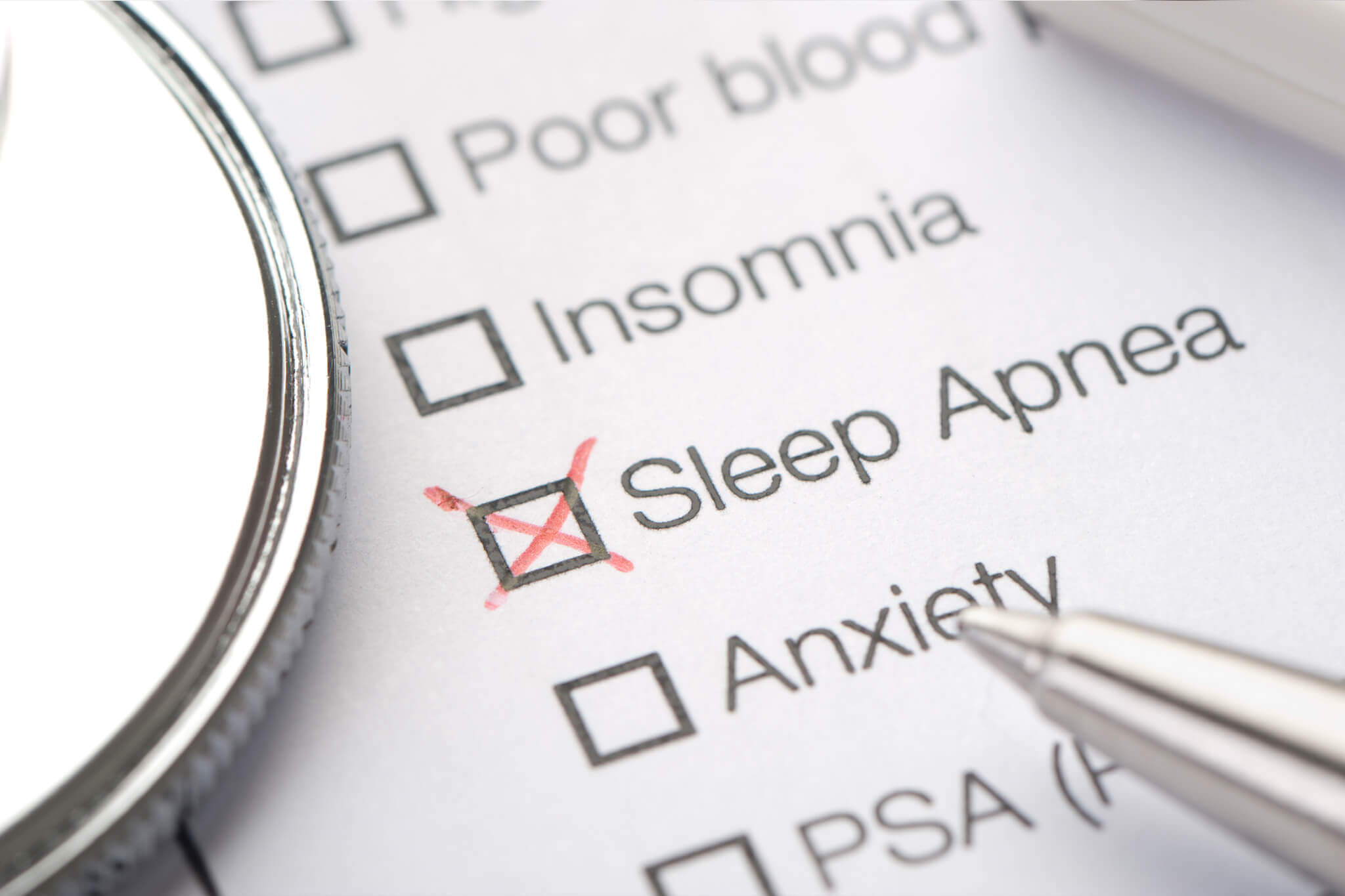Sleep doctors diagnose and treat problems associated with restful sleep. They uncover the reasons for insomnia, restless leg syndrome, narcolepsy and one of today’s most prevalent sleep disorders, obstructive sleep apnea, or OSA.
The Alarming Statistics
Sadly, most American adults – 65 percent – do not get the recommended 7-plus hours of quality sleep each night. What results is a whole host of physical and mental health effects – both short- and long-term. These problems can include:
- Poor concentration and focus
- Daytime sleepiness
- Overall fatigue
- Irritability
- Depression
- Anxiety
- Erectile dysfunction
- Low libido
- Lowered immunity
- Cardiovascular disease
- Stroke
- Heart attack
- Obesity
- Diabetes
As such, many primary care physicians urge their patients who are chronically sleep deprived to seek accurate evaluation of their sleep patterns. At MelioREM Sleep, our sleep doctors use medical histories, physical examinations, and monitored sleep studies to determine diagnoses and recommendations for correcting sleep disorders of all kinds. They specifically look at three factors to help determine a proper course of treatment.
Now, let’s discover the things sleep doctors look for in their patients and why these factors are important.
1. How Much Sleep You Normally Get
As stated above, most Americans don’t get enough quality sleep. So, your sleep doctor may ask you to track when you go to sleep and when you wake up. Using a detailed questionnaire, the doctor may also ask you:
- How many times you awaken during the night
- If you fall asleep quickly or remain awake for long periods of time regardless of how tired you feel
- If your legs are restless just before you fall asleep
- If members of your household say you snore loudly and excessively every night
- If you have very vivid dreams or awaken feeling unable to move
- If your bed partner says you stop breathing during the night and wake up gasping for air
- How much caffeine and screen time you consume every day
- If you work an irregular schedule (swing shift, for instance)
- What medications you take
- If anyone in your immediate family has a sleep disorder, such as narcolepsy or sleep apnea
2. How You Feel And Act During The Day
How much you sleep and whether or not you experience deep REM (rapid eye movement) sleep impacts how you act and feel during waking hours. Many regularly sleep-deprived people have difficulty concentrating, or they frequently doze off at their desks. Do you constantly wish you could just take a nap? Are you depressed, anxious, or cranky? These mood and behavior issues could be linked to your current sleep patterns, and being honest with your sleep doctor is critical to pinpointing if you have a sleep disorder and what kind it may be.
3. What a Monitored Sleep Study Reveals
Besides giving you a physical examination and reviewing your medications and medical/surgical history, your sleep doctor may order a monitored sleep study, or polysomnogram. Conducted in a sleep lab, your sleep study will monitor your vital signs and bodily activity as you rest for a full night. Your heart rate, respirations, temperature, and brain waves will be noted and recorded.
MelioRem Sleep, Your Sleep Clinic in The Reno Sparks, NV Area
Our board-certified sleep physician, Dr. Innocent Ezenwa, helps scores of individuals achieve healthy sleep patterns. Our many treatments, including continuous positive airway pressure (CPAP) devices, oral devices, medications, and behavioral therapy, can be fine-tuned to your specific needs. You’ll feel better than you ever could have imagined.
Please call us to arrange an in-person or telehealth consultation: (775) 557-4900.




